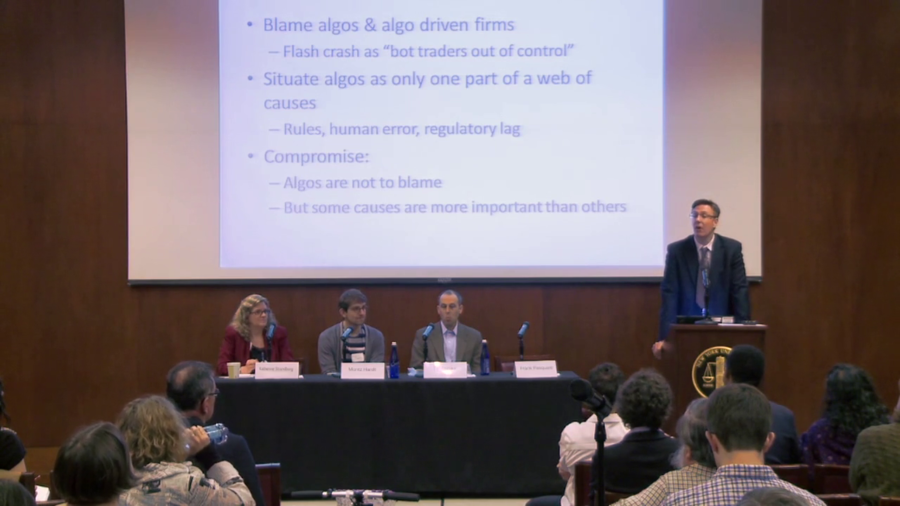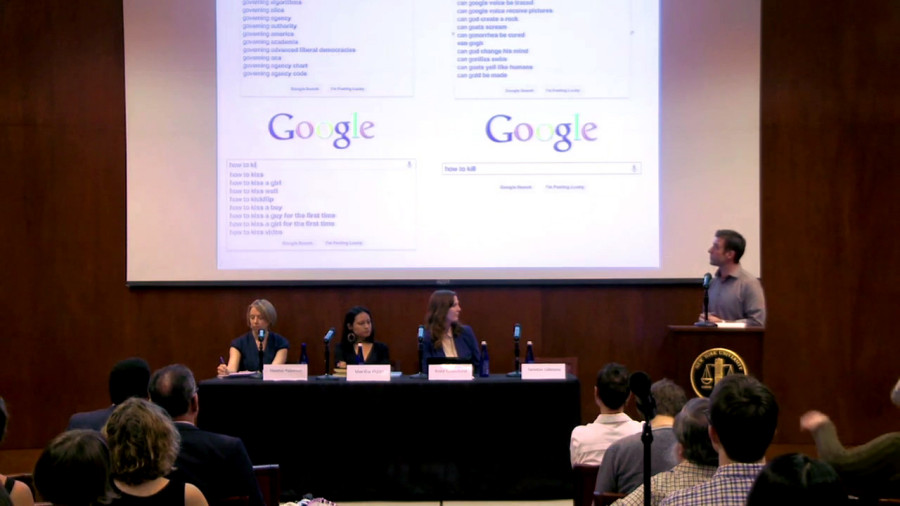The study of search, be it by people like David Stark in sociology, or economists or others, I tend to sort of see it in the tradition of a really rich socio-theoretical literature on the sociology of knowledge. And as a lawyer, I tend to complement that by thinking if there’s problems, maybe we can look to the history of communications law.
Archive
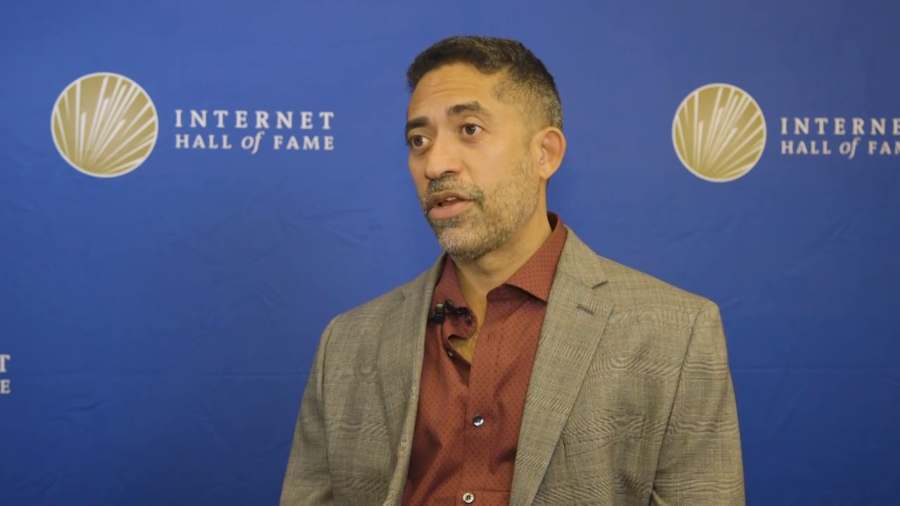
Back in 1989 when I was a student at McGill University I developed what became the first Internet search engine. So the predecessor to Google and Bing and all of those things.

The Internet as we know it today wouldn’t exist were it not for the fact that a lot of the organizations and individuals who worked on it back then freely allowed the fruit of their work to be distributed for free.
What I’ve seen as a founder of MoveOn is that we’ve become increasingly polarized. And in fact we have gotten to the point where we have separate…realities? when it comes to a whole raft of facts. And so how can we possibly make good decisions together when we don’t even share basic facts? You first have to have a relationship, and you have to have shared values.
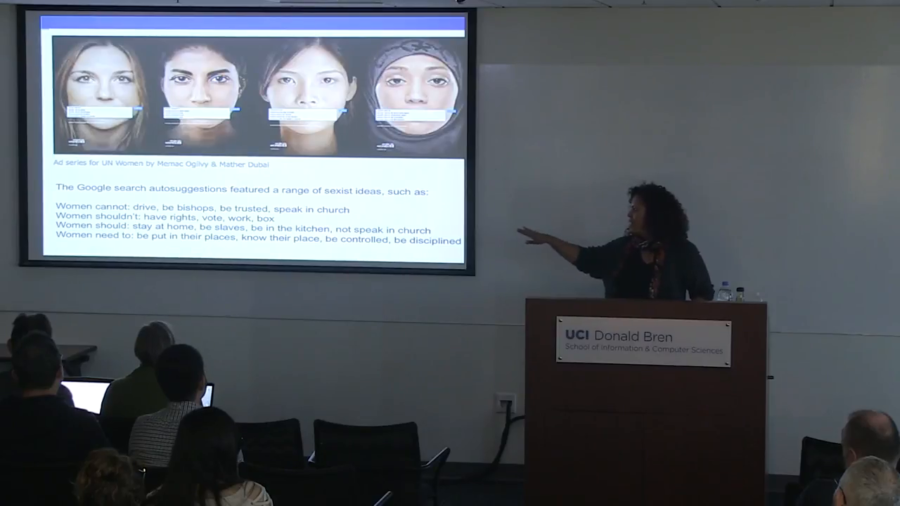
One of the things that I think is really important is that we’re paying attention to how we might be able to recuperate and recover from these kinds of practices. So rather than thinking of this as just a temporary kind of glitch, in fact I’m going to show you several of these glitches and maybe we might see a pattern.
We’re at a thousand dollars per gigabyte, which is what current disk drives cost. The twenty terabytes that people estimate in ASCII that’s in the Library of Congress is just twenty million dollars. So that’s not very much money in terms of being able to store and retrieve the Library of Congress.
We are in the midst of a shift in how we encounter information. And we’re wrestling with three paradigms at the same time. The oldest of these paradigms, for for most of us, is edited media. … You have a powerful gatekeeper, the newspaper editor, who says, “Here are things you need to pay attention to today. Give this a small amount of your time, and you will be roughly up to date with what you need to know.”
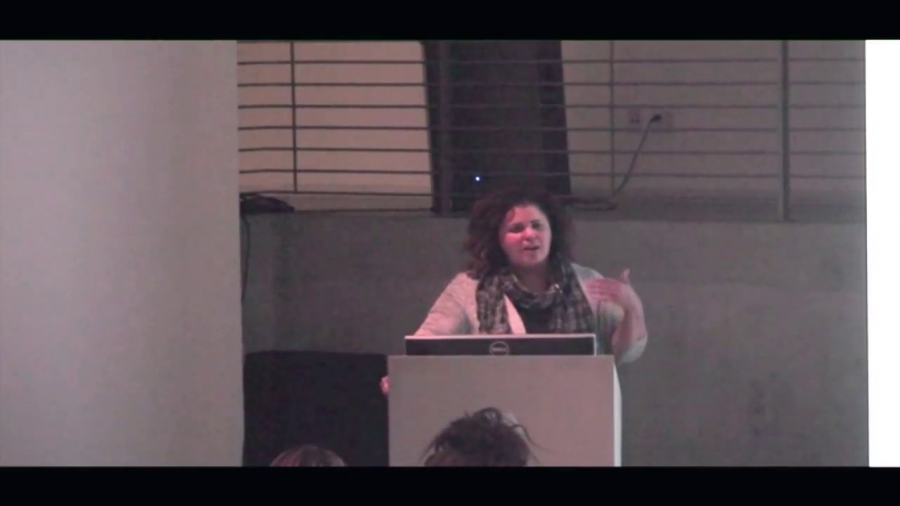
I often try to tell people that Google is not providing information retrieval algorithms, it’s providing advertising algorithms. And that is a very important distinction when we think about what kind of information is available in these corporate-controlled spaces.
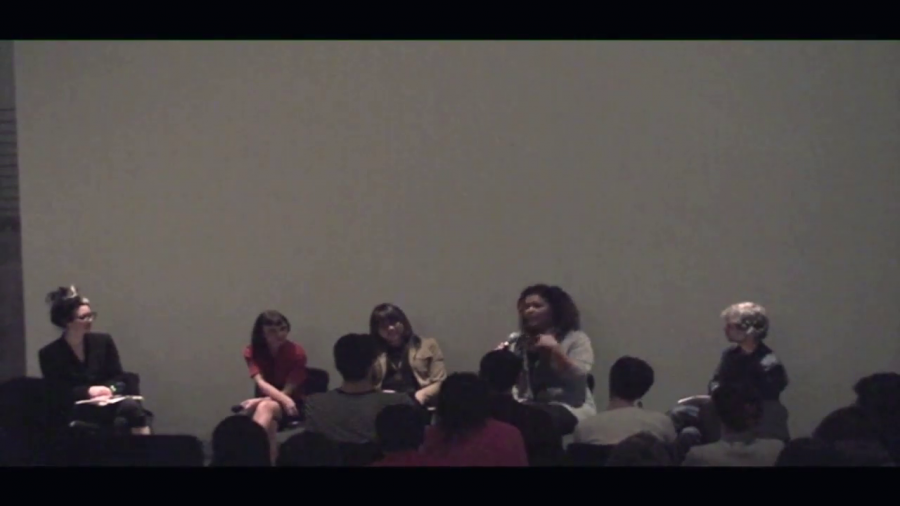
I think that we need a radical design change. And I might ask if I were teaching an HCI class or design class with you, I would say, “How are you going to design this so that not one life is lost?” What if that were the design imperative rather than what’s your IPO going to be?

